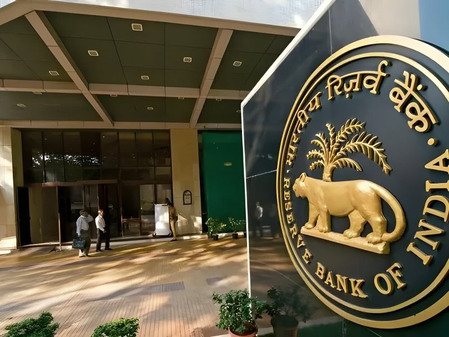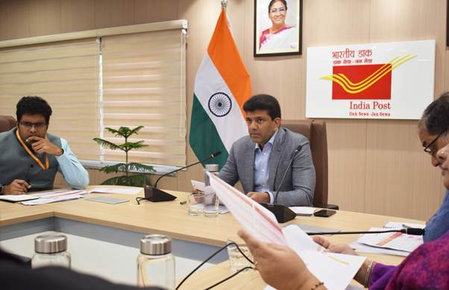
New Delhi, July 19 (IANS) Low sodium levels are a significant cause for worry in older adults, said experts on Friday, noting that it can lead to headache, confusion, fatigue, restlessness, irritability, and forgetfulness.
Sodium helps to maintain consistent blood pressure. It helps to balance the fluids in the body and also assists in activating muscles and nerves.
Low sodium, known as hyponatremia, often poses significant health risks to the elderly over 60.
The risk factors for it are kidney failure, congestive heart failure, low sodium in the diet, conditions of the lungs, liver, and brain, hormonal imbalance and endocrine system, past surgery, and certain medications.
Despite being a prevalent issue, there is a lack of awareness surrounding this condition, resulting in many cases remaining unnoticed. Increasing awareness and prompt intervention are crucial in addressing sodium deficiency and enhancing the well-being of elderly individuals, said health experts.
“When there is a sodium deficiency in the blood, the body’s water content increases, resulting in swelling in the body. One can exhibit symptoms such as nausea, vomiting, headache, confusion, fatigue, restlessness, irritability, forgetfulness, drowsiness, muscle weakness, coma, and seizures due to the low sodium levels in the body,” said Samrat Shah, Internal Medicine Expert, Apollo Spectra, Pune, told IANS.
“Due to severe sodium deficiency, an individual may even lapse into a coma. This has the most effect on the brain because when the brain swells due to excess water, it can cause memory loss,” he added.
“Sodium deficiency is seen in 70 per cent of older people above 60. For signs and symptoms such as confusion, speech problems, disorientation, seizures, or coma, seek advice without any delay,” he said.
Studies show that factors such as dehydration, reduced dietary intake of salt, diuretics, heart problems, chronic kidney disease and hypothyroidism are surging sodium deficiency cases in older adults.
“Hyponatremia is more seen in elderly patients in those who have more water retention in the body, due to long term medications, due to chronic heart, liver and kidney conditions,” Urvi Maheshwari, Internal Medicine Expert, Zynova Shalby Hospital Said, told IANS.
“Treatment is reducing water retention from the body, under expert guidance, change of certain medicines which reduces sodium from the body, giving more salt to patients, giving intravenous or oral sodium,” the doctor added.
Awareness and timely intervention are key to overcoming sodium deficiency and improving the quality of life of older people, the experts noted.
–IANS
rvt/svn




